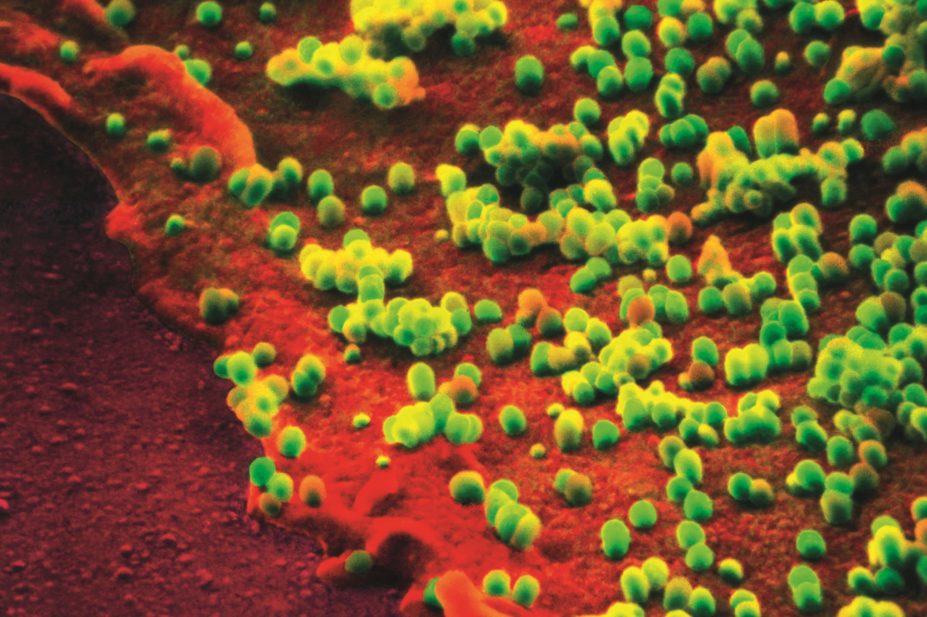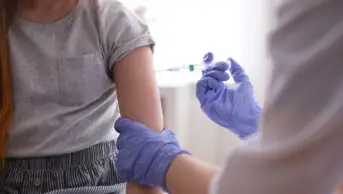
NIBSC / Science Photo Library
The mechanisms by which influenza vaccination elicits a host immune response are not fully understood, and a significant proportion of vaccinated individuals – particularly the young and elderly – remain susceptible to infection.
Bali Pulendran, from the Emory Vaccine Center, Atlanta, Georgia, and colleagues recently identified a correlation between toll-like receptor 5 (TLR5) expression shortly after vaccination and the subsequent magnitude of the antibody response.
Writing in Immunity
[1]
(online, September 2014), Pulendran’s group now demonstrates that TLR5 is required for the antibody response to vaccination and that it acts via the intestinal microbiota.
Interestingly, TLR5-mediated sensing of the microbiota impacted antibody responses to the trivalent inactivated influenza vaccine and to the inactivated polio vaccine but not to adjuvanted vaccines or the live-attenuated yellow fever vaccine.


